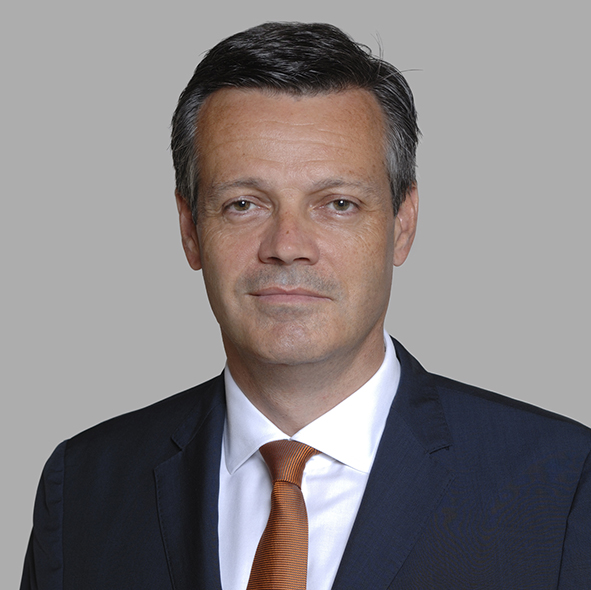A fluid profession
The constant development in private banking is evident first and foremost in portfolio management. In Switzerland, unlike other countries, the law allows private banks to use pretty much any financial instrument available – from alternative funds and derivatives to hedging techniques and cryptocurrencies. Being very internationally connected, Geneva wealth managers also offer investments in almost every one of the world’s countries and currencies, which opens up a very wide range of investment opportunities.
The Geneva-based ones are also particularly quick to adopt innovations. Although they are cautious by nature and put the highest emphasis on safety, they also know the importance of remaining at the cutting edge of technology in areas like cybersecurity, blockchain, and artificial intelligence, and are prepared to invest a lot into it. Nowadays any self-respecting wealth management bank offers its affluent clients sophisticated digital applications for accessing their portfolios at any time. For all those reasons, there is no shortage of intellectual stimulation in private banking, whether it is in portfolio management or in advisory, or indeed in operations, IT, compliance and even human resources. Every part of a wealth management bank has to keep evolving to adapt to, and even anticipate, the changes happening around it.
In touch with the world
With the very international nature of their client base, private bankers are always at the heart of the global action, because political or economic events anywhere in the world directly affect their job. Wars, economic crises, regulatory change – they have to deal swiftly with them all. The same applies to new consumption habits: relationship managers have to keep their finger on the pulse of their clients’ expectations in order to advise them effectively. In this regard, Geneva has chosen to set itself up as a leading light for sustainability. Rather than staying passive and stumbling after the transformation, it wants to embrace change.
This calls for constant effort, but also generates continual intellectual stimulation, and that is what makes our profession so compelling. People who work in private banks, whether at the front or in support roles, learn something new every day. They know that they cannot take anything for granted and that they have to keep reinventing themselves.
Unrivalled quality of life
However, being at the forefront of technology and finance will only go so far without pleasant living conditions. As it happens, Geneva’s wealth management hub offers both, providing young talents with the work–life balance that they legitimately aspire to. While it demands hard work, it has nothing to do with the dehumanising and alienating working hours demanded of new recruits in investment banks, legal practices, and strategic consultancies. Not to mention the unmatched living standards in Geneva, where commutes are relatively short, greenery abounds, multiple cultures intermingle, and the charming lakeside surroundings at the foot of the mountains are ideally situated in the centre of Europe.
So what’s missing?
Yet, despite all these merits, a typical recent graduate nowadays will tend to prefer Zurich over Geneva to start a career. While there are some objective differences that can explain this, it seems it’s mainly down to public perception: Zurich is seen as more fashionable and dynamic while Geneva has a reputation for being better suited to older people. But this is a distorted image. Admittedly Google chose Zurich for its main office in Switzerland, but Geneva is home to Campus Biotech and has a broad cultural influence. Perhaps our city just needs a splash of polish for its image – a few high-profile international cultural events, for example, to shine the spotlight on how trendy and attractive it really is.
Above all, our financial centre needs to be more ambitious in its communication to restore its reputation and draw in the younger generations. This will also call for closer cooperation between local players to put forward their competitive edge. After all, amid uncertainty and joblessness in the wake of the takeover of Credit Suisse by UBS, the fact remains that for centuries Geneva’s private banks have proved strong and resilient.


 Ian Cramb
Ian Cramb